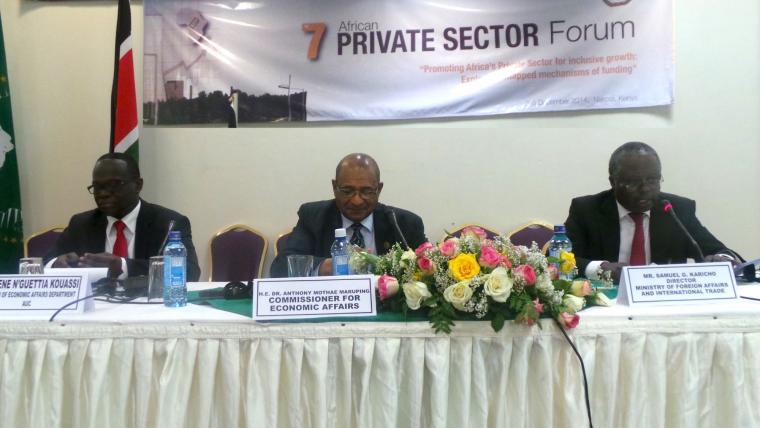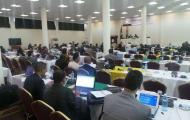Topic Resources
November 27, 2014
Time keeping guidelines for Moderators and Panelists and Background Notes for the Sessions
October 13, 2014
7th Africa Private Sector Forum
“Promoting Africa’s Private Sector for inclusive growth: Exploring untapped mechanism of funding”
03 to 05 December 2014 in Nairobi, Kenya
February 10, 2022
Agenda 2063 is Africa’s development blueprint to achieve inclusive and sustainable socio-economic development over a 50-year period.
January 01, 2025
Supply Chain Management Division Operations Support Services Directorate
Addis Ababa, Ethiopia
December 30, 2024
January 27, 2025
Opening Remarks by H.E. Taye Atske-Selassie, President of Ethiopia at the CAADP Extraordinary Summit
January 11, 2025
January 11, 2025







